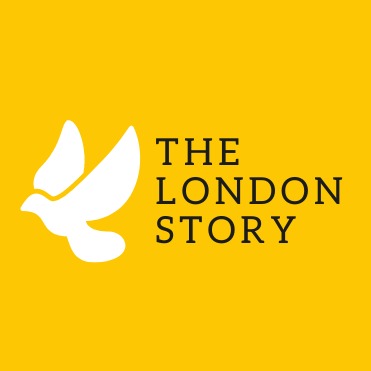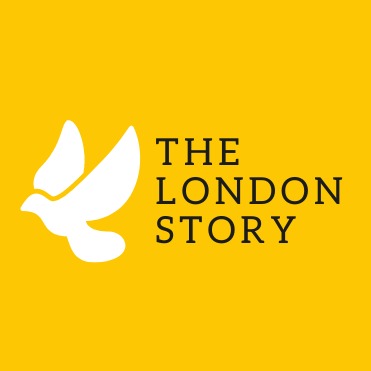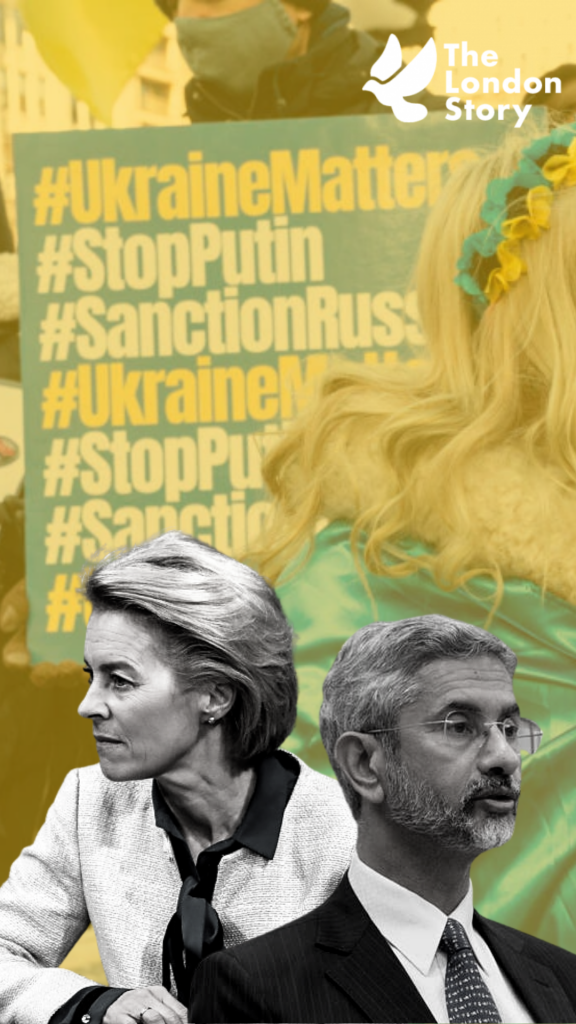Press release
Brussels, March 29 2022
Members of the European Parliament on Tuesday questioned India’s position in the Ukraine war. Since Russia’s invasion of Ukraine, the United Nations have held several major votes condemning Russia’s actions. In all of them, however, India abstained. At a parliamentary briefing on March 29 organized by Stichting The London Story, a Dutch think tank, MEP Jakop Dalunde and MEP Margrete Auken, both members of the Green/European Free Alliance in the European Parliament, raised questions regarding India’s choice of non-alignment.
The European Union and India have recently sought to increase their decade-long collaboration further, with official partnership documents affirming that mutual cooperation be based in respect for human rights and democratic principles, and the promotion of a rules-based global order. Despite the EU urging India to condemn Russian violations of international law in line with its commonly affirmed partnership values, India has only reaffirmed its own “commitment to the principles of the UN Charter, to international law and respect for sovereignty and territorial integrity of all states”, and chosen to abstain from the resolutions.
Alena Kahle the advocacy officer of Stichting The London Story, said: “Given that the EU and India are seeking closer cooperation, including on the military front, members of the European Parliament want answers. The EU and India assert that their collaboration is built on the joint promotion of a rules-based global order – a claim that is faltering in light of India’s abstention on UN votes condemning Russia, and its choice of watered-down wording.”
Jakop Dalunde, Swedish MEP and member of the EU-India Delegation, said: “This conflict is a conflict between democracy and autocracies. If India wants to pursue a world order that is based on human rights, it would benefit from Putin’s failure. If it wants to go more towards autocracy, it might benefit from Putin winning. It is up to India to now decide what kind of world order would you like to see.” Jakop Dalunde then appealed to the European Union: “The EU should make supporting India as easy as possible. The EU must use its soft power to enable India’s embrace of human rights, and India must use its soft power to bring Putin to the negotiation table. This would be the best course of action to the EU, India, as well as Russia and China.”
Margrete Auken, Danish MEP, said: “India is the world’s largest democracy, and that puts a responsibility on it to also uphold democracy in all dimensions.”
Similarly, Shyam Saran said: “While India does its most to address human rights concerns, the EU also cannot afford to be hypocritical as it has its own problems, such as the treatment of refugees arriving at the European borders and purchase of oil and arms from autocrats with problematic human rights records.”
As Jasmine Zerinini, former French diplomat and researcher at Sciences Po, Paris, explained at the briefing, security cooperation has become more relevant to EU-India relations in recent years. She pointed to the importance of addressing potential problems within this relationship, and said: “EU-India relations should not be about pointing fingers at each other, but both must be aware that there are concerns that the EU will otherwise find hard not to address.”
The briefing also raised questions about India’s historic ties with Russia and highlighted that India’s leaning towards imperialism must be kept in view.
Watch the briefing:
Read more coverage:
Russia-Ukraine conflict: EU politicians hope India can push for democratic values



